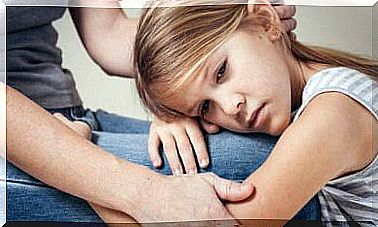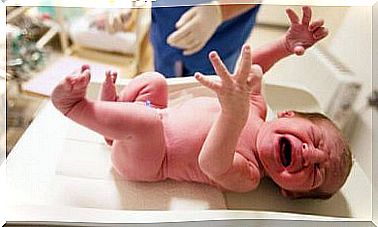How To Tell A Child That Their Pet Has Died?
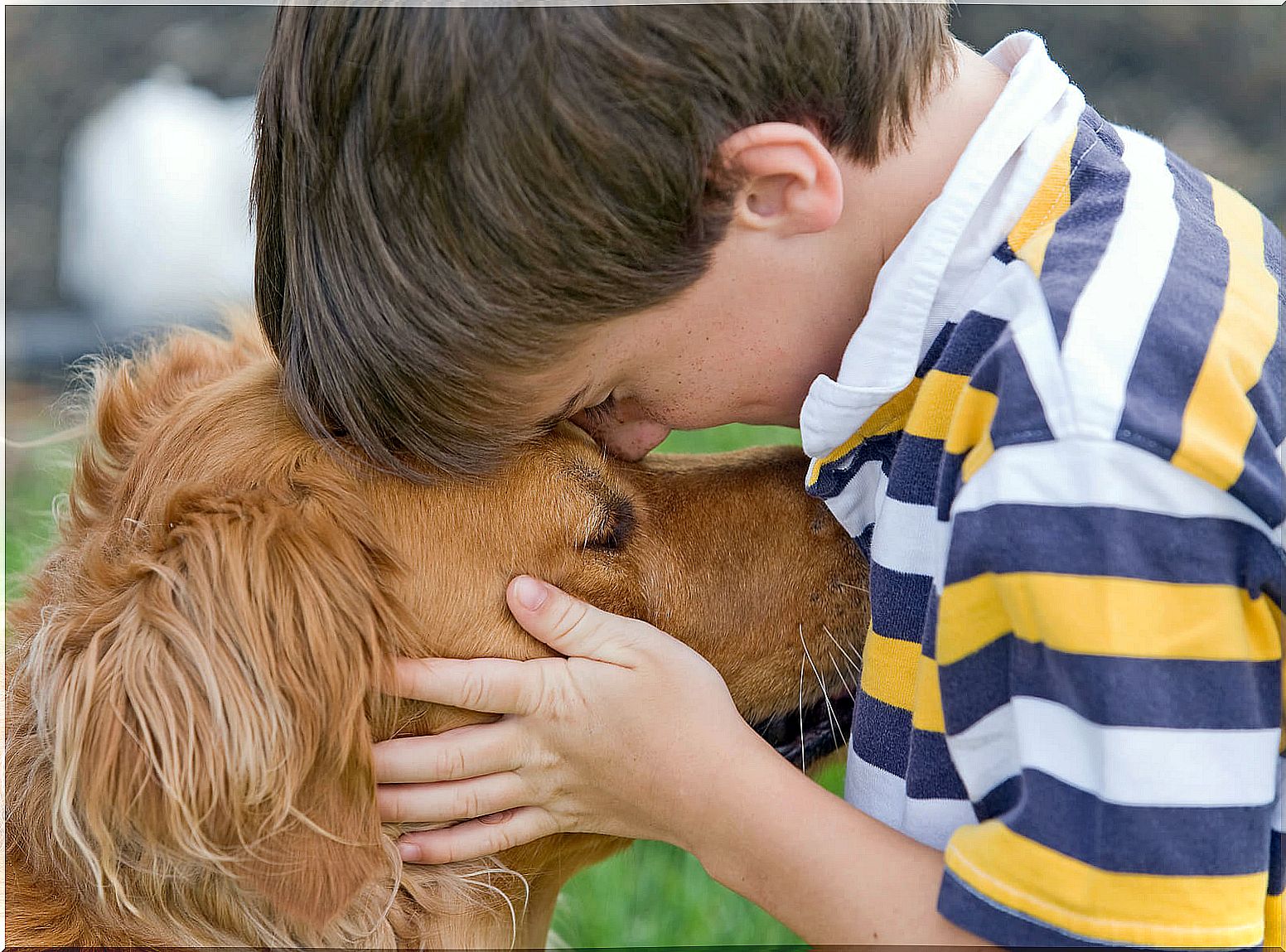
Communicating the news of a death is almost never easy. But even less if you have to give it to the little one in the house and if, in addition, that loss is that of his favorite pet. So how can we tell a child that their pet has died?
Animals, whether due to illness, accident or merely age, end up leaving our lives. But, despite the fact that we express it this way to children and they seem to understand it, the death of their domestic partner can be experienced as something merely tragic. That is why, as parents, we have to convey the news to you in the best possible way.
How to tell a child that their pet has died?
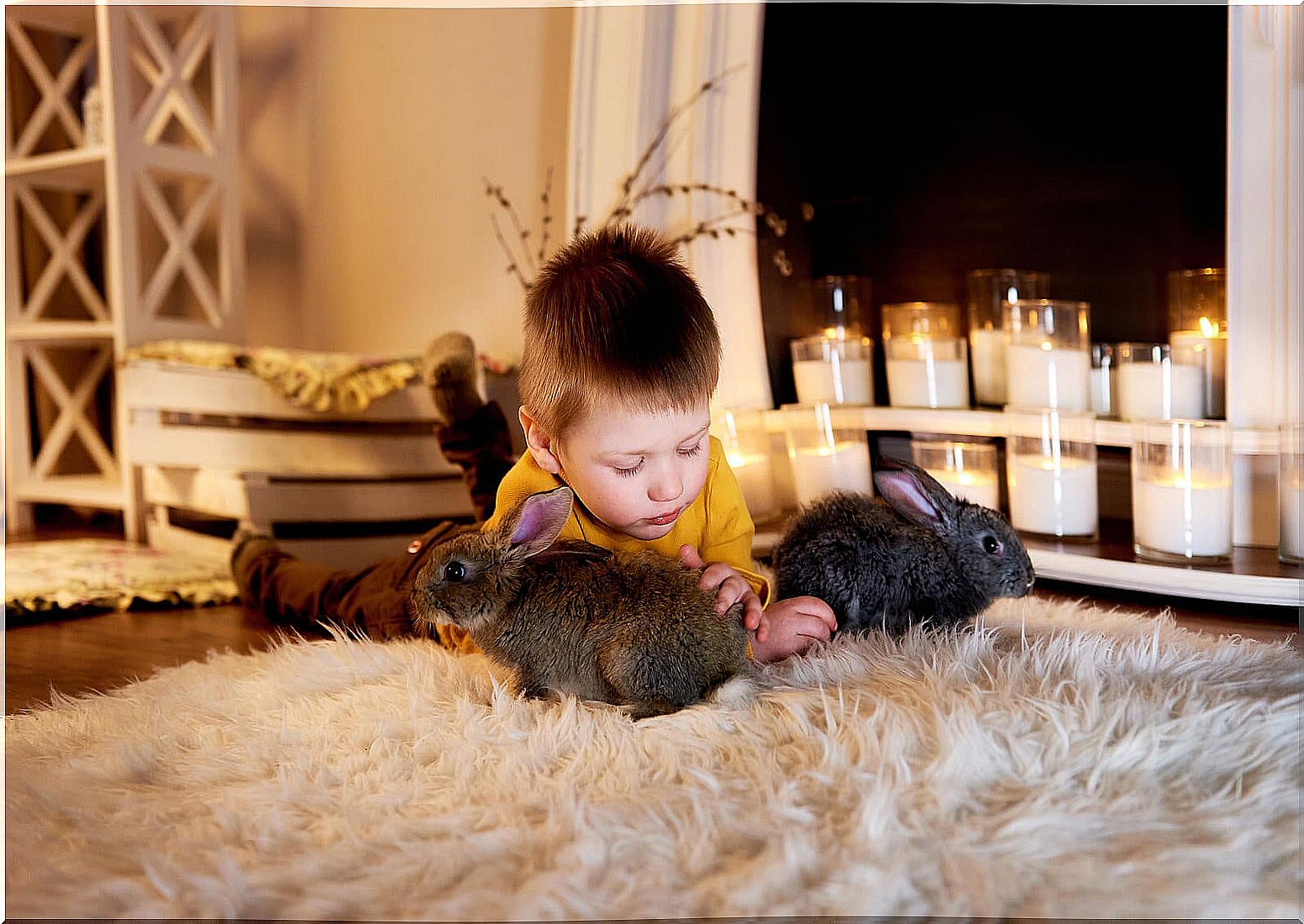
Sudden or expected death
The first thing to keep in mind when reporting death is whether it was the result of a long illness or if it was sudden and totally unexpected. As with people, the time we have to get used to the idea that the animal is going to die is relevant.
If the death of the pet has been expected, the weeks or months before the news is a good way to prepare your child. Anticipating that your pet may die in a short time will help you later to be able to assume its fault more naturally.
Calm to communicate that your pet has died
The grieving process that adults go through is not the same as that of children. The pain of the little ones is usually more oscillating. That is, they do not usually seek loneliness or cry for hours or days for their pet. They tend to be sad for a while, then start to play, then cry again or be sad again.
Hence, to avoid surprises, it is convenient to convey the news that your pet has died calmly and quietly. If you want your child to understand the loss, approaching them when you are completely intoxicated with emotion can backfire.
Therefore, it is better to break the news when you are calm and once you can put appropriate words to what happened. A place without much noise, with good lighting and, if possible, when the little one is in a positive mood may be the best option.
It is best to avoid meal times, as the bad news can cut off their digestion. Also before going to sleep, due to the appearance of possible nightmares or fears.
Express how you feel
Just because you’re not going to talk to him with your eyes overflowing with tears doesn’t mean that you can’t tell him how you feel. It is natural that you also feel the loss, that you are sad, with a feeling of emptiness, that you cry, that you find yourself down …
And it is also really good for the little ones to know that sadness is not bad and that it is a suitable and adjusted emotion when a pet has died. Sadness is necessary, adaptive, and gives others the opportunity to express their affections and understanding. It may be a good time for the child to learn the usefulness of this emotion, don’t you think?
Thus, the little one will also feel free and confident to express how they feel to you and that will help them learn to identify and express their emotions, something crucial during their first years of life and that, without a doubt, will mark their later emotional development. .
Sincerity
Children appreciate honesty. For this reason, it is preferable to tell him that his pet has died to lie to him and choose to say that he has left or that someone has adopted him. This can be experienced as an unexplained abandonment and can be traumatic for children.
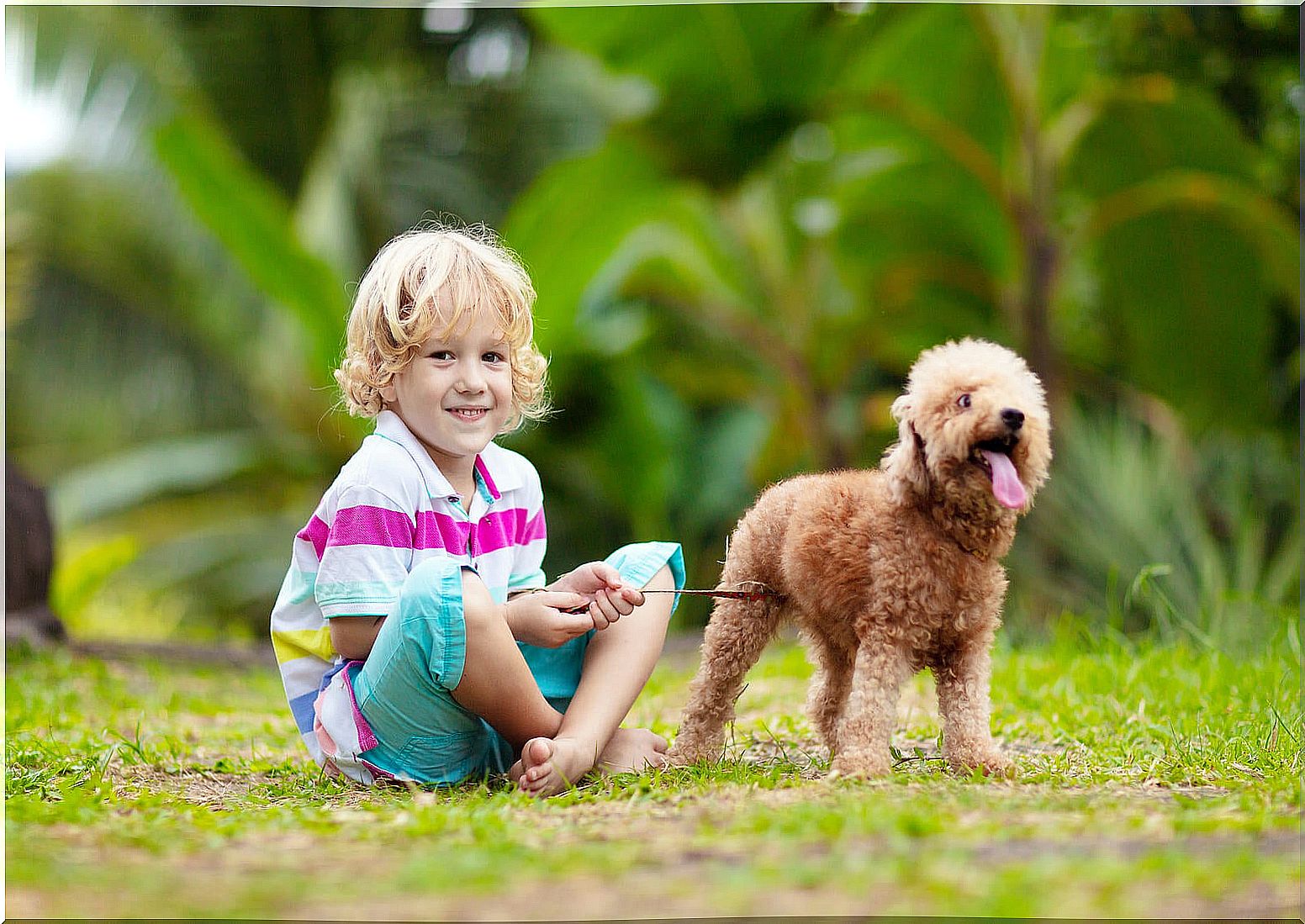
Therefore, it is not necessary to avoid mentioning the word “death”, nor to hide that the animal has died. This does not mean that you give all the details of the process, but it does mean that you explain what has happened.
Solve your doubts
Whether it is the first death process that the child faces, or not, it is very convenient to answer any doubts that may arise. “Why has he died? And now where will you go? Do we have to bury him? Should we buy another pet?
They naturally have questions about death itself, so this is a good time to talk naturally about the cycle of life. Also, it is good to resolve those doubts to alleviate your future uncertainty.
As you can see, telling your child that his pet has died is not an easy task. But if your child sees how you, the person of reference for him, understand and accept that the pet has died and move on, it is quite likely that he also lives it in a similar way. Remember that you are their role model.
Going through such a difficult situation can serve as a tool for overcoming possible similar experiences in the future. Thus, you can use it when facing other similar losses and even another case in which your pet has died.



